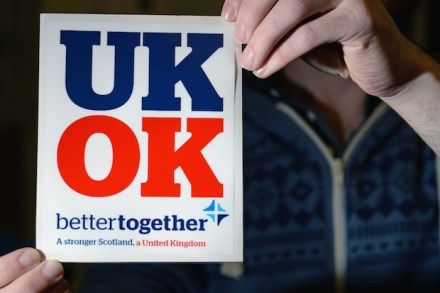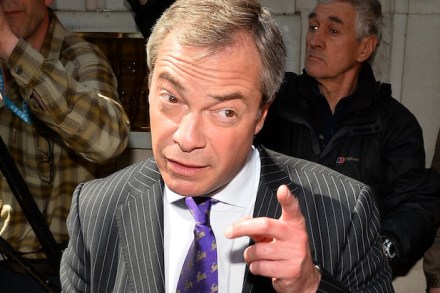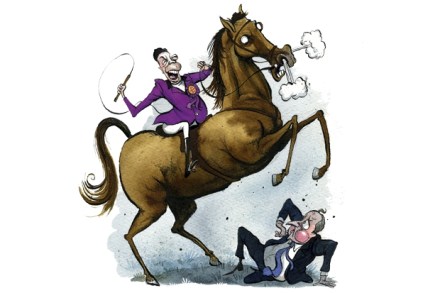What is the big Ukip plan?
Today’s announcement that migrants cannot claim benefits if their English is so bad that they are unemployable looks suspiciously like another attempt by ministers to reassure fears about the end of those transitional controls on Bulgarian and Romanian migrants. And that is, in turn, an attempt to reassure Tory MPs that the government has done everything it can to keep Ukip at bay. But what is the Tory plan for Ukip? It needs to work out how to fight Nigel Farage’s party in the European elections, how to pre-brief the European elections (presumably by talking up Ukip’s chances so much that any result looks like a disappointment), and how to




















